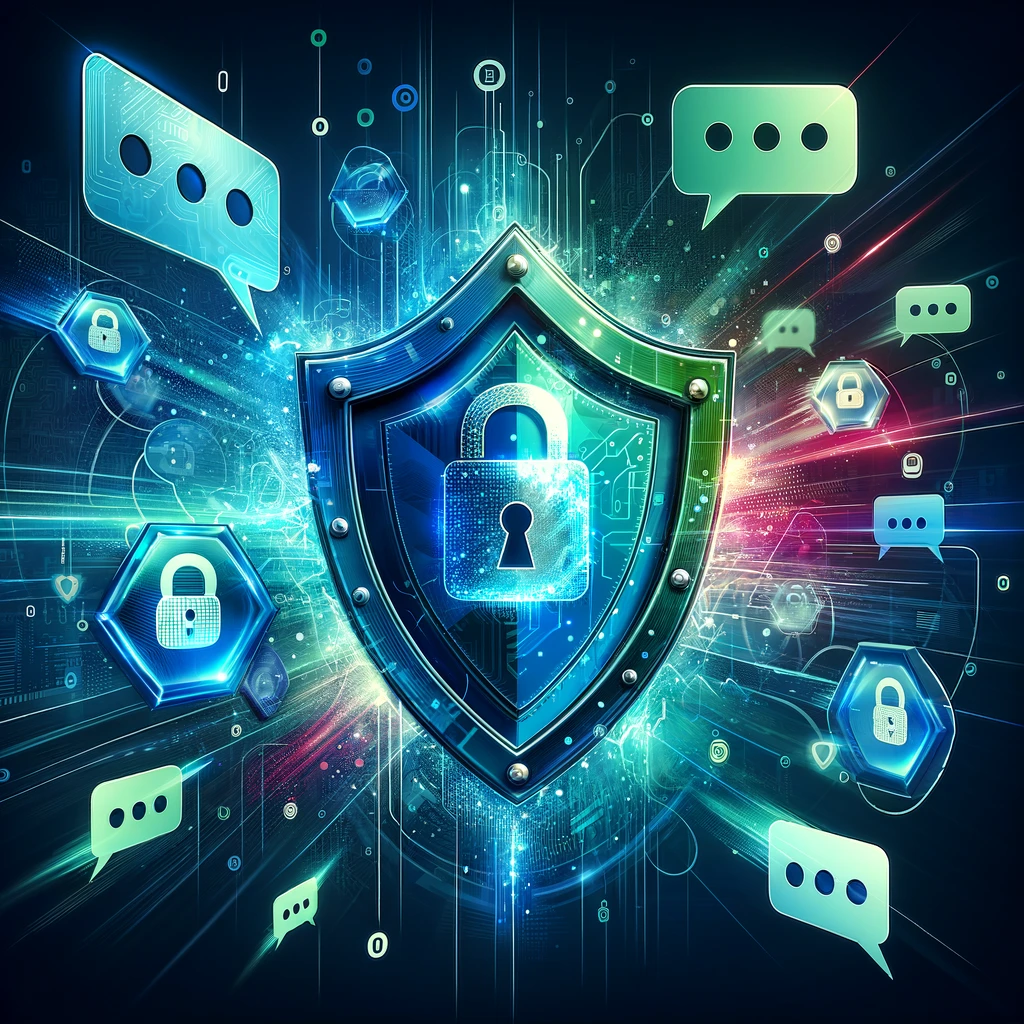The Importance of Strong Passwords: A Guide to Enhancing Your Cybersecurity
In our digital age, safeguarding our personal information has never been more crucial. Strong passwords act as the first line of defense against unauthorized access to our electronic accounts and devices, protecting our sensitive data from cyber threats and hackers. But what makes a password strong, and how can you create one that ensures your digital safety? Let’s dive into some practical tips to enhance your cybersecurity.
Embrace Two-Factor Authentication (2FA)
Two-factor authentication (2FA) adds an extra layer of security, requiring not just your password but also an additional piece of information. This could be a personal identification number (PIN), a code sent to your email or mobile phone, or even biometric data like a fingerprint or voiceprint. While not universally available, using 2FA wherever possible significantly boosts your defenses against unauthorized access.
Mix It Up: Numbers, Symbols, and Letters
Hackers employ sophisticated tools that can easily guess simple and common passwords. To counter this, your passwords should be a mix of uppercase and lowercase letters, numbers, and symbols. This complexity makes it exponentially harder for cybercriminals to crack your password, providing you with better security.
Length Matters: Go for Eight or More Characters
A longer password is a stronger password. Cybercriminals often use brute force attacks to guess passwords, but a lengthy password requires more time and resources to decode, deterring potential hacks. Aim for at least eight characters to make your password tough to crack.
Get Creative with Phrases
Selecting a memorable yet secure password is possible by using an abbreviated phrase or saying. For instance, transform “cup of joe” into a complex password like “(uP!0F*J03#”. This approach keeps your password both secure and memorable.
Change is Good: Update Your Passwords Regularly
Using the same password for extended periods increases the risk of it being compromised. Regularly updating your passwords for all accounts and ensuring each new one is distinct from the last can significantly reduce the likelihood of a successful cyberattack.
Elevate Your Cybersecurity Knowledge
Recognizing the critical role of cybersecurity, the U.S. Department of Homeland Security and the National Cybersecurity Alliance established National Cybersecurity Awareness Month (NCSAM) in 2004. This annual initiative every October aims to educate the public on the importance of cybersecurity, promote careers in the field, and enhance national security. Institutions like Walden University, an NCSAM Champion, offer advanced degree programs in cybersecurity, preparing individuals to tackle the growing challenges in the information technology landscape.
In conclusion, adopting strong password practices is a fundamental step in safeguarding your digital life. By embracing these strategies, you can protect your personal information from the ever-evolving threats in the cyber world. Whether you’re a casual user or an aspiring cybersecurity professional, staying informed and proactive about your digital security is essential in our interconnected world.
References Outlined Below
“Guide to Creating Strong Passwords.” National Institute of Standards and Technology. https://www.nist.gov/itl/tig/guide-strong-passwords
“Two-Factor Authentication: What You Need to Know.” Federal Trade Commission. https://www.consumer.ftc.gov/articles/two-factor-authentication
“Creating a Strong Password.” Cybersecurity and Infrastructure Security Agency. https://www.cisa.gov/creating-strong-password
“National Cybersecurity Awareness Month.” Department of Homeland Security. https://www.dhs.gov/national-cybersecurity-awareness-month
“Walden University’s Commitment to Cybersecurity.” Walden University. https://www.waldenu.edu/online-masters-programs/ms-in-cybersecurity

